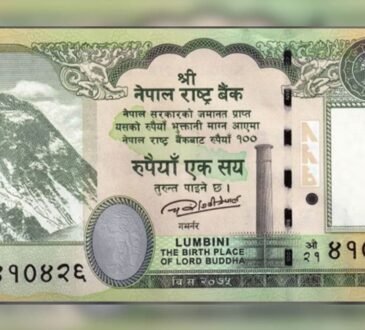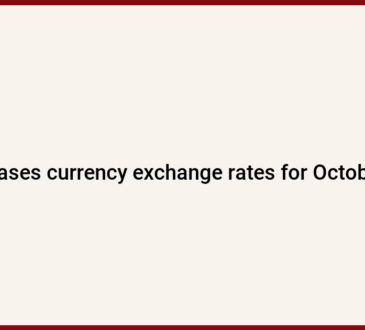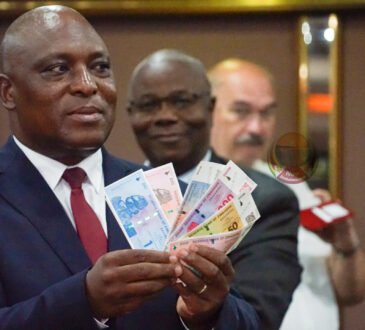South Sudan is grappling with a severe crisis as its currency has sharply depreciated against the US dollar.
The fall of the South Sudan pound has plunged the nation deeper into inflation and widespread hardship.
Reports from black market vendors on Wednesday indicated a staggering exchange rate of 4,000 South Sudanese pounds to one US dollar, reflecting a rapid decline over recent weeks.
Speaking to Radio Tamazuj, senior government economic advisor Dr Abraham Maliet cautioned that the country risks sliding into a catastrophe without immediate and decisive action from the Ministry of Finance.
Maliet said the permanent solution lay in strengthening security and revitalizing agricultural production, but short-term solutions to curb inflation include effective collection of non-oil revenue and protecting public funds from misuse.
“Looking at the dollars from the oil is not going to be sustainable because the oil itself has become controversial,” Maliet states.
“I urge the Minister of Finance to concentrate on the collection of non-oil revenue. The non-oil revenue is abundant, but we are not collecting it right; the system that collects it is not entirely competent.”
Maliet pointed to significant deficiencies in revenue collection, attributing them to systemic weaknesses, saying there were companies that had evaded taxes for over a decade.
“There are also dollars in non-oil revenue from import taxes. Some people working in the country are paid in dollars, so there is no point in not paying taxes in dollars,” he said.
“The big companies working in South Sudan sell their goods in dollars. Therefore, the dollars are here. It is just the minister to organise a team that will listen to what he says and that is fully accredited to do the job, not one that has other political ambitions,” Maliet added.
The economist emphasized the importance of appointing a competent, dedicated, and politically neutral team capable of executing the tasks within the Ministry of Finance.
The economic hardships stemming from inflation have had a profound impact on South Sudanese families, as noted by Michael Ghai Tong, a resident of Juba.
“The situation has hit the common man hard. Basic food prices have skyrocketed, water costs are up, and fares have become prohibitive. Civil servants, already struggling with low wages, have gone unpaid for nine months,” he said.
South Sudan, which gained independence in 2011, has been grappling with persistent conflict and economic instability. The economy heavily relies on oil exports, a sector prone to fluctuations due to global dynamics.
Efforts to stabilize the economy have been thwarted by political volatility and a fragile security environment.
The new Ministry of Finance has yet to unveil a plan for addressing the currency crisis.





